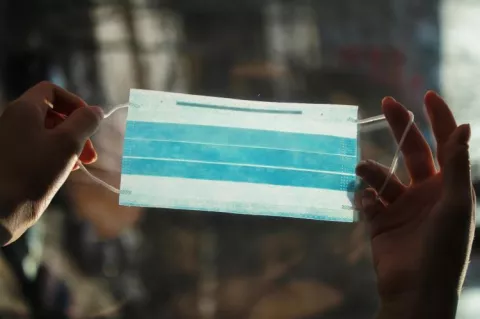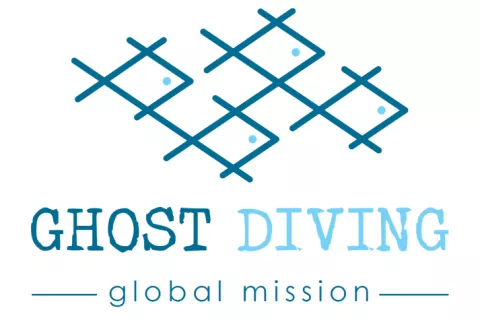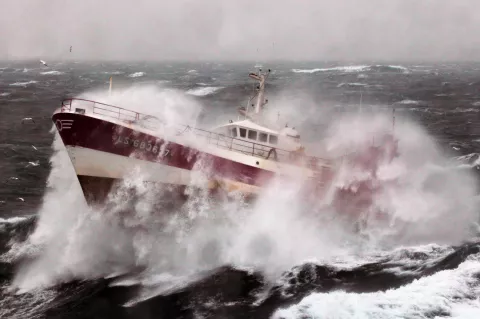Abandoned face masks found on Philippine reef
The popular dive spot is southeast of the Philippine capital, Manila.
BBC Philippine correspondent Howard Johnson joined dive professionals from Anilao Scuba Dive Centre as they resumed diving, following the national lockdown. The dive centre is affiliated to the United Nations Environment Programme’s Green Fins, which promotes sustainable marine tourism in South-East Asia.







